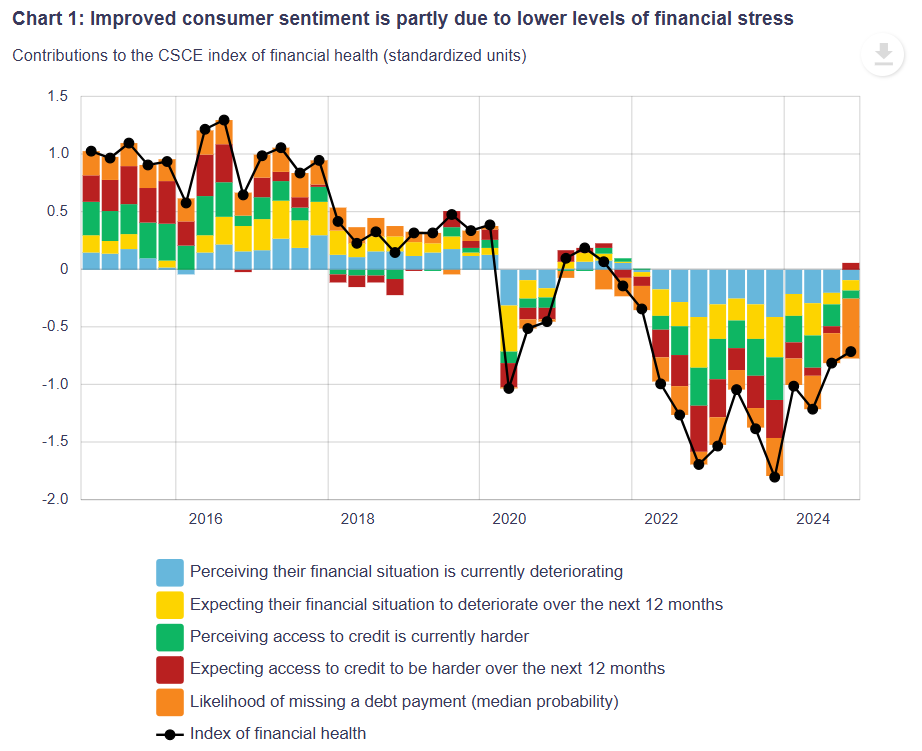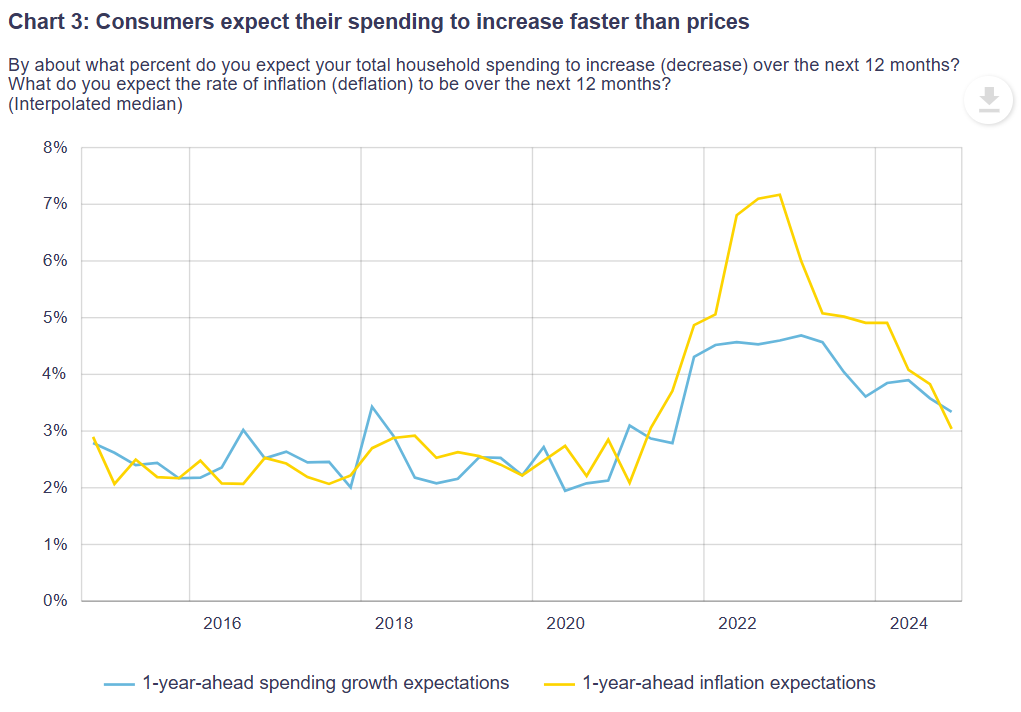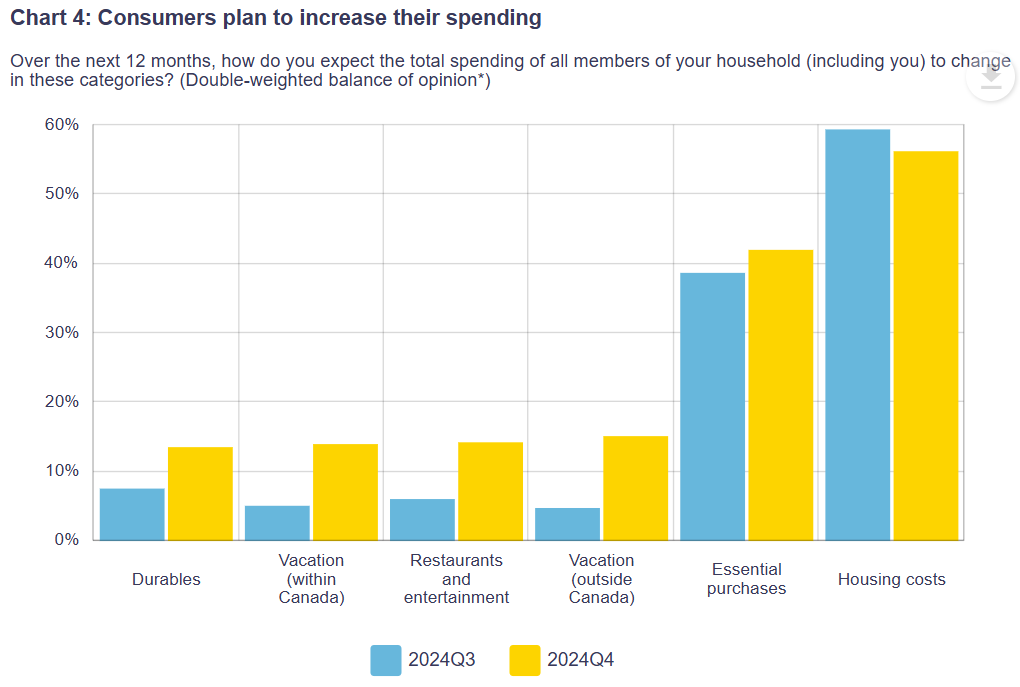
Over 6 in 10 Canadians fear recession will happen within year, says report

Canadians seem to be focusing more on their savings amid concerns about the macroeconomic situation, according to a recent report.
Canadians’ Tax Free Savings Account (TFSA) values hit record highs of just under $45,000 in 2024, an increase of 8% over the previous year, reports the BMO Financial Group.
Canadians also indicate they are planning to contribute an average of $6,500 to their TFSA this year, which is a slight drop from $6,600 last year and below the high-water mark set in 2022.
|
TFSA |
TFSA |
|
|---|---|---|
|
Year |
$ Mean |
$ Mean |
|
2024 |
44,987 |
6,499 |
|
2023 |
41,510 |
6,606 |
|
2022 |
38,046 |
7,434 |
|
2021 |
34,917 |
6,513 |
|
2020 |
30,921 |
6,783 |
|
2019 |
28,214 |
5,332 |
|
2018 |
27,053 |
4,826 |
This comes as financial stress levels among Canadians drop, reports the Bank of Canada.
Source: Bank of Canada
Feeling less pessimistic about their financial situation than they were a quarter ago, Canadians say they expect their spending to grow faster than they expect prices to increase, according to the Bank of Canada’s survey conducted between Oct. 31 and Dec. 3, 2024.

Source: Bank of Canada
“Similar to last quarter, in this survey consumers reported strong intentions to increase spending on essential purchases and housing costs over the next 12 months,” says Bank of Canada. “Intentions to increase spending on discretionary items – such as durables (e.g., furniture, appliances and vehicles), restaurant meals and vacations – remained low but increased compared with last quarter. These categories tend to be sensitive to changes in interest rates.”

Source: Bank of Canada
Currently, 44% of Canadians say they are spending an extra $100-$300 a month on basic living expenses due to inflationary forces, according to BMO’s survey of 1,500 Canadian adults, conducted Nov. 8 to 18, 2024.
Another 38% say they are spending over $300 a month extra.
Overall, 53.4% of workers in Canada have a side hustle by selling goods through e-commerce, and most do it for extra income, according to a previous report.
Looking ahead, 63% of Canadians express concern about the potential for a recession in the next 12 months, while only 28% are not concerned about a deeper economic decline, according to BMO.
Almost half (48%) believe the economy will weaken over the next 12 months, while only 19% expect the economy to improve.
Rising prices and the cost of living continue to be top of mind for Canadians, with over two-thirds (67%) of Canadians indicating inflation is having a negative impact on their current financial situation.
Canadians are also expressing concerns about rising prices in the future, with 61% saying inflation is currently high and they expect prices to continue increasing.
Almost 1 in 3 Canadians making $100,000 annually are living paycheque to paycheque, according to a previous report from the National Payroll Institute.
For employers looking to improve workers’ financial literacy, the following are the key financial concepts and skills that they should focus on, according to Lyssa Test, writer at UKG:
“While there are many ways to teach financial literacy for employees, we recommend your business take this three-pronged approach to financial education,” she says.
Many Canadians are anxious about their financial situation, according to a previous report.